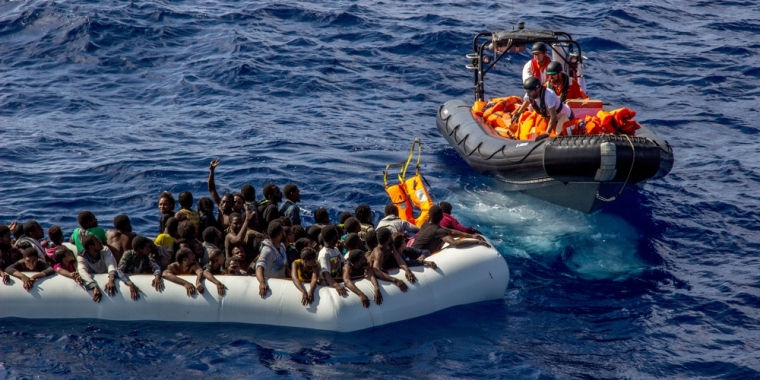Still a Dream
- victoriakaharl
- Dec 10, 2016
- 3 min read

Sixty-eight years ago, on December 10, 1948, the United Nations adopted the Universal Declaration of Human Rights, which says that all people everywhere are born free and equal. It says no one has the right to make anyone a slave, and nobody has the right to torture anyone. It says we— every single human being on this planet— is innocent until proven guilty. And we have the right to privacy, the right to belong to a country.

Eleanor Roosevelt, the chair of the commission that put this document forward, was so filled with hope on that December 10th. She said:
‘We stand today at the threshold of a great event both in the life of the United Nations and in the life of mankind. This declaration may well become the international Magna Carta for all men everywhere. We hope its proclamation by the General Assembly will be an event comparable to the proclamation in 1789 [the French Declaration of the Rights of Citizens], the adoption of the Bill of Rights by the people of the U.S., and the adoption of comparable declarations at different times in other countries.’
So many times people have stood up to proclaim the same-- before 1948 and since. In 1963 Martin Luther King, Jr. had a dream. ‘I have a dream that one day this nation will rise up and live out the true meaning of its creed: We hold these truths to be self-evident, that all men are created equal.’
Somehow, it is still a dream.
Modern Slavery
Today human rights are ‘in danger of unraveling,’ according to Amnesty International’s State of the World 2015-2016. ‘Your rights are in jeopardy; they are being treated with utter contempt by many governments around the world.’
Many millions of people have no home. ‘We are now witnessing the highest levels of displacement on record,’ the United Nations High Commissioner for Refugees says. The UNHCR continues:
‘An unprecedented 65.3 million people around the world have been forced from home. Among them are nearly 21.3 million refugees, over half of whom are under the age of 18. There are also 10 million stateless people who have been denied a nationality and access to basic rights such as education, healthcare, employment and freedom of movement.’
Human trafficking, that is, modern slavery, is big business. The U.S. Federal Bureau of Investigation says it is the fastest growing criminal enterprise in the world, a $32 billion-a-year global industry.
Almost Too Incredible to Believe
This year Doctors Without Borders (Médecins Sans Frontières) rescued more than 26,000 people in the Mediterranean Sea between Italy and Libya. Some of these refugees— men, women and children— have endured unspeakable horrors— rape, torture, kidnapping, forced prostitution. It is almost too incredible to believe, Canadian physician Sarah Giles says. ’One of the things I say about my Doctors Without Borders work is that I often come across the best of humanity, but I also come across the worst of humanity,’ she says. ‘These women especially told me of things that had happened to them. It never occurred to me that humans could do that to one another.’

Distributing life jackets in the Mediterranean Sea. Doctors Without Borders says 25 people on this raft were dead. Photo by Borja Ruiz Rodriguez/MSF
Cycle of Violence
On another December 10th, this one in 2003, Shirin Ebadi, the Iranian lawyer and human rights activist, recalled in her Nobel Prize lecture that nobel UN declaration of 1948 and others.

International human rights laws, she pointed out, are violated by Western democracies, the very countries that are signatories to the United Nations Charter and the Universal Declaration of Human Rights.
Hundreds of individuals, she said, have been arrested and imprisoned in Guantanamo 'without the benefit of the rights stipulated under the international Geneva conventions, the Universal Declaration of Human Rights and the [UN] International Covenant on Civil and Political Rights.'
She continued:
‘… Why is it that some decisions and resolutions of the UN Security Council are binding, while some other resolutions of the council have no binding force? Why is it that in the past 35 years, dozens of UN resolutions concerning the occupation of the Palestinian territories by the state of Israel have not been implemented promptly; yet, in the past 12 years, the state and people of Iraq, once on the recommendation of the Security Council, and the second time, in spite of UN Security Council opposition, were subjected to attack, military assault, economic sanctions, and, ultimately, military occupation?
‘If the 21st century wishes to free itself from the cycle of violence, acts of terror and war, and avoid repetition of the experience of the 20th century— that most disaster-ridden century of humankind— there is no other way except by understanding and putting into practice every human right for all mankind, irrespective of race, gender, faith, nationality or social status.’
Somehow.


Comments